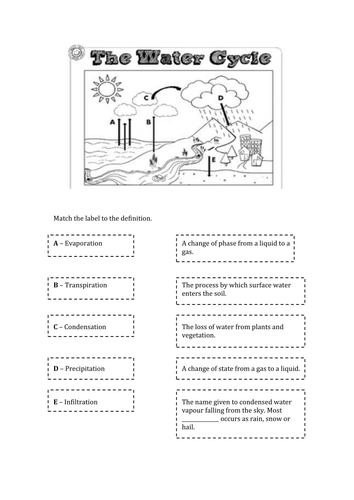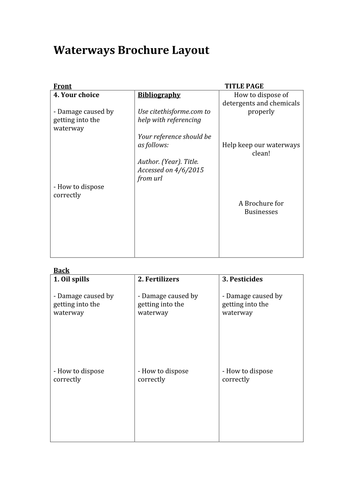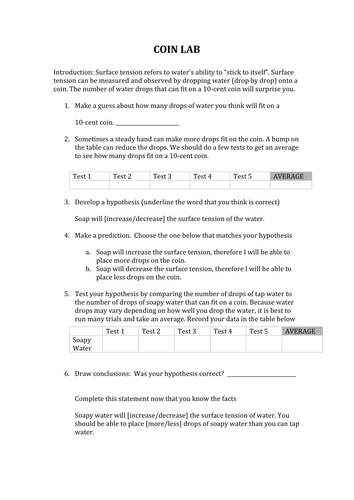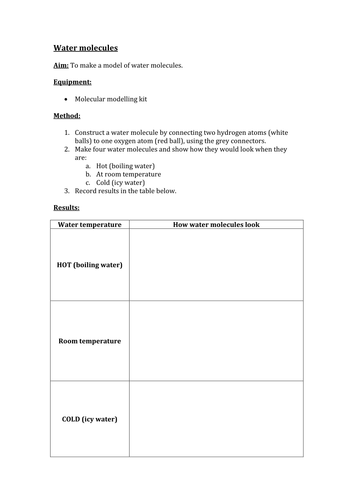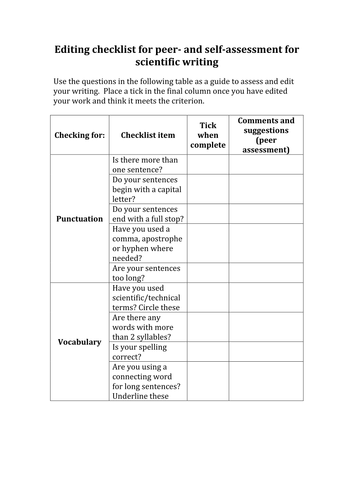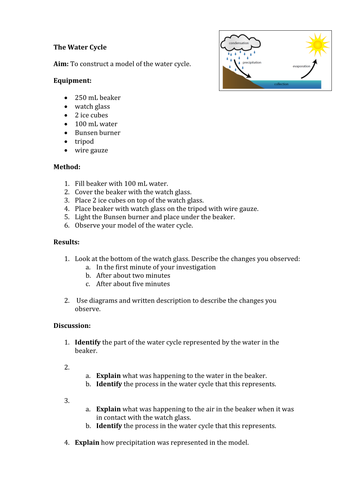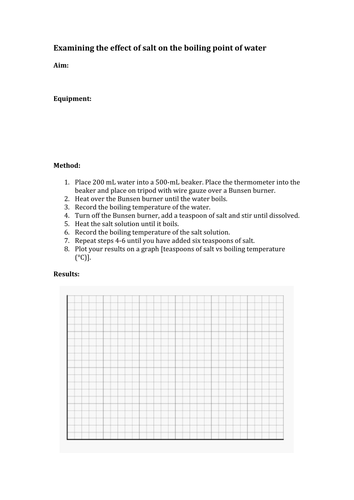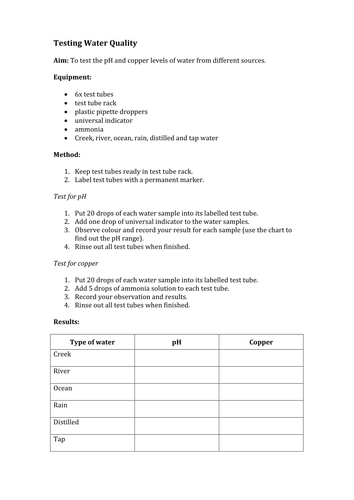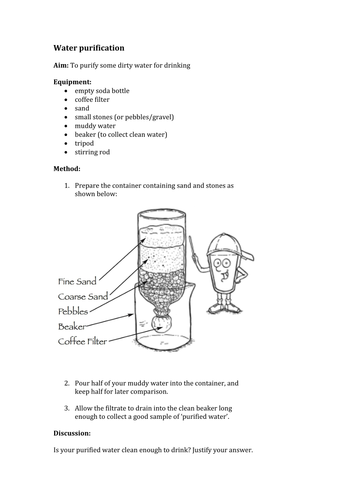Dr Samantha's Science Resources
I have a PhD in molecular biology and a Master of Teaching - I have a passion for teaching Science at both the secondary and tertiary levels. Please feel free to let me know how I can improve my resources. Constructive criticism is always welcome! Also let me know if there are any particular resources you would like to see available in my shop.


